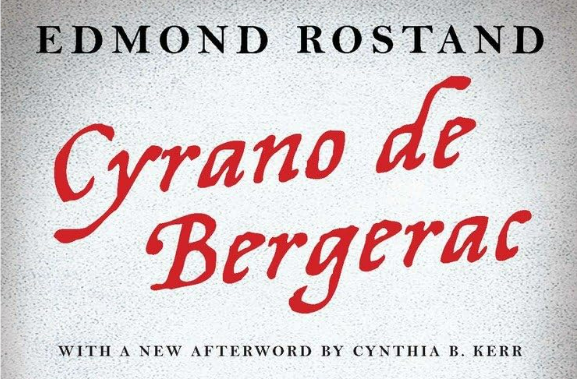Scene 2. IX.
byScene 2. IX. of Cyrano de Bergerac vividly portrays themes of pride, honor, and the consequences of challenging societal norms through the intense conversations between the characters. Cyrano makes it clear that he prefers to have enemies rather than friends, a stance that confounds his friend, Le Bret. Cyrano finds satisfaction in defying expectations and ridiculing superficial friendships, which he sees as shallow and without integrity. To him, true honor is found in resisting ease and comfort; he compares the weight of shallow friendships to the stifling effect of an Italian collar. In his view, the discomfort of having enemies is a more accurate representation of pride and honor, as it forces one to live with a sense of purpose and moral clarity, free from societal constraints.
The arrival of Christian de Neuvillette, a new cadet, shifts the focus of the chapter, highlighting the importance of reputation and the fear of offending influential figures like Cyrano. Christian quickly becomes the subject of teasing by the cadets, who subtly reference Cyrano’s large nose without directly mentioning it. This reveals the power Cyrano holds over the group, as the cadets are clearly intimidated by him and are wary of crossing lines. Christian, unaware of the sensitivity surrounding Cyrano’s appearance, inadvertently stirs up tension by referencing the subject of Cyrano’s nose multiple times, causing Cyrano’s anger to bubble beneath the surface. The playful teasing underscores the complex social dynamics, where Cyrano’s reputation and physical traits are powerful tools that influence others’ behavior, while Christian’s naïveté adds to the unfolding tension.
As the chapter progresses, Cyrano takes center stage, narrating a recent adventure with flair, turning the evening into a mixture of suspense and humor. The cadets are captivated by his storytelling, but Christian unknowingly steps into Cyrano’s emotional landmine by repeatedly mentioning Cyrano’s nose. The humor of Cyrano’s tale contrasts sharply with his growing internal struggle, as his anger surges each time Christian makes the reference. Cyrano’s ability to keep his temper in check, despite the provocation, reveals a man torn between pride and the need for self-control, a conflict that highlights his complexity as a character. The scene powerfully demonstrates Cyrano’s struggle to maintain his honor and composure, even when faced with emotional triggers that threaten to unravel his calm exterior.
Through these interactions, the chapter beautifully encapsulates Cyrano’s inner conflict: a man of unwavering pride and principles, who navigates a world that often misjudges him due to his appearance and forthright manner. His disdain for societal conventions and shallow expectations is not just a form of rebellion, but a core part of his identity. His actions are driven by a commitment to honor, but this very commitment often isolates him, as seen in his unwillingness to conform to the norms of friendship or to let insults slide. Cyrano’s struggle to balance his deep pride with the realities of living in a world that judges him for his appearance adds a layer of tragedy to his character, making him both an admirable and deeply sympathetic figure. His capacity for restraint and self-control, even in moments of intense provocation, adds to the complexity of his character, showing that his external bravado hides a man who is often wrestling with his emotions.
The chapter not only explores Cyrano’s struggle with external perceptions but also offers insights into the pressure placed on individuals to conform to societal expectations. Cyrano’s rejection of these norms is a reflection of his refusal to let others define his worth, something that becomes increasingly important in his relationship with Roxane. His actions are a form of rebellion against the superficial nature of society, where appearance and status often outweigh integrity and true character. Yet, this very rebellion also isolates him from the world around him, as his refusal to conform alienates those who do not understand his motivations. The tension between Cyrano’s self-imposed exile and his desire for love and acceptance lies at the heart of his character, making him a tragic yet noble figure who continues to fight for his ideals, even when doing so comes at great personal cost.
In summary, Scene 2. IX. explores the complexities of Cyrano’s character, portraying him as a man of profound pride and honor, but also one who is deeply misunderstood by those around him. His internal conflict between his desire for self-expression and his need for control and composure creates an emotional depth that resonates with the audience. Cyrano’s willingness to sacrifice his personal happiness for the sake of his principles sets him apart from others, but it also brings him considerable emotional pain. This scene establishes the foundation for the unfolding drama, as Cyrano’s character continues to evolve, balancing the weight of his honor with the desire for personal fulfillment.


